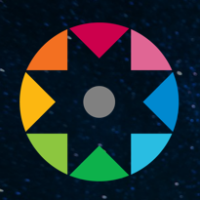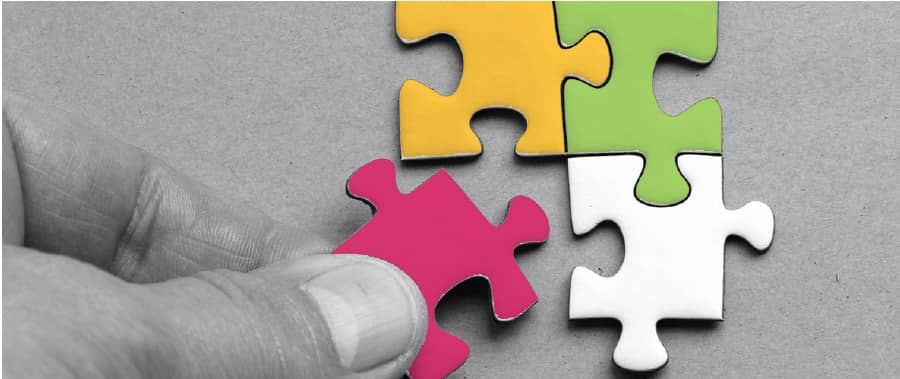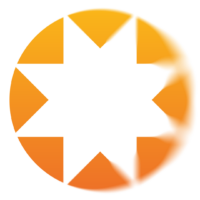

Tools to Advance Research Assessment (TARA) is a project to facilitate the development of new policies and practices for academic career assessment.
Reformscape
An online open dataset that shows criteria and standards academic institutions use for hiring, review, promotion, and tenure around the world.
Toolkit
A toolkit of resources is informed by the academic community to support academic institutions working to improve policy and practice.
Debiasing Committee Composition and Deliberative Processes
Practical Guide to Implementing Responsible Research Assessment at Research Performing Organizations
Survey
A survey of U.S. academic institutions to gain a broad understanding of institutional attitudes and approaches to research assessment reform.
Responsible Research Assessment (RRA) Practical Guide for Research Performing Organizations (RPOs)
A “Practical Guide” to support research assessment reform at research performing organizations is being launched in May 2025. The Guide aims to support staff in planning and delivering new approaches, and is discipline-agnostic, flexible, and is intended to be adaptable to diverse organizational and disciplinary contexts by users. The guide emphasizes consultation, experimentation, monitoring, and iterative updates to assessment to meet the needs of a dynamic modern day research ecosystem. The guide has been co-developed especially with interest holders who met January 31, 2025 in Maryland, USA with the first release of the guide in May 2025.
Project TARA is supported by a generous grant from Arcadia, a family charitable foundation that works to protect nature, preserve cultural heritage and promote open access to knowledge.
Latest news
Project timeline
Reformscape Toolkit Survey

Project TARA is supported by Arcadia, a family charitable foundation that helps people to record cultural heritage, to conserve and restore nature, and to promote open access to knowledge. Arcadia was founded by Lisbet Rausing and Peter Baldwin in 2002.
Get involved!
Recent events
- Practical Guide for Research Performing Organizations published on May 13, 2025
- Rethinking Research Assessment: Reformscape Guide published on May 23, 2024
- Survey paper on US academic institutions published March 18, 2024
- Reformscape launched January 30, 2024
Press coverage
How to make academic hiring fair: database lists innovative policies January 2024
How academia is exploring new approaches for evaluating researchers June 2023
The scientific workplace in 2021 December 2021
Dashboard will track hiring and promotion criteria August 2021
DORA receives grant to accelerate research assessment reform September 2021
Project TARA team (past and present)
- Stephen Curry, DORA
- Ginny Barbour, DORA
- Kelly Cobey, DORA
- Rebecca Lawrence, DORA
- Anna Hatch, DORA
- Zen Faulkes, DORA
- Haley Hazlett, DORA
- Giovanna Lima, DORA
- Liz Allen, DORA
- Sarah de Rijcke, Center for Science and Technology Studies (CWTS) at Leiden University
- Alex Rushforth, Center for Science and Technology Studies (CWTS) at Leiden University
- Marta Sienkiewicz, Center for Science and Technology Studies (CWTS) at Leiden University
- Ruth Schmidt, Institute of Design at the Illinois Institute of Technology
- Flora Massah, Institute of Design at the Illinois Institute of Technology
- 4Site Studios
- First Create The Media
Dashboard Advisory Group
- Fernanda Beigel, CONICET-Universidad Nacional de Cuyo, Argentina
- Tanita Casci, University of Oxford, United Kingdom
- Kelly Cobey, University of Ottawa Heart Institute and the DORA Steering Committee, Canada
- Chris Erdmann, American Geophysical Union, United States
- Kim Huijpen, Universities of The Netherlands, Netherlands
- Christopher Long, Michigan State University, United States
- Andiswa Mfengu, University of Cape Town, South Africa
- Tanja Strøm, Oslo Metropolitan University, Norway
- Lin Zhang, Wuhan University, China



